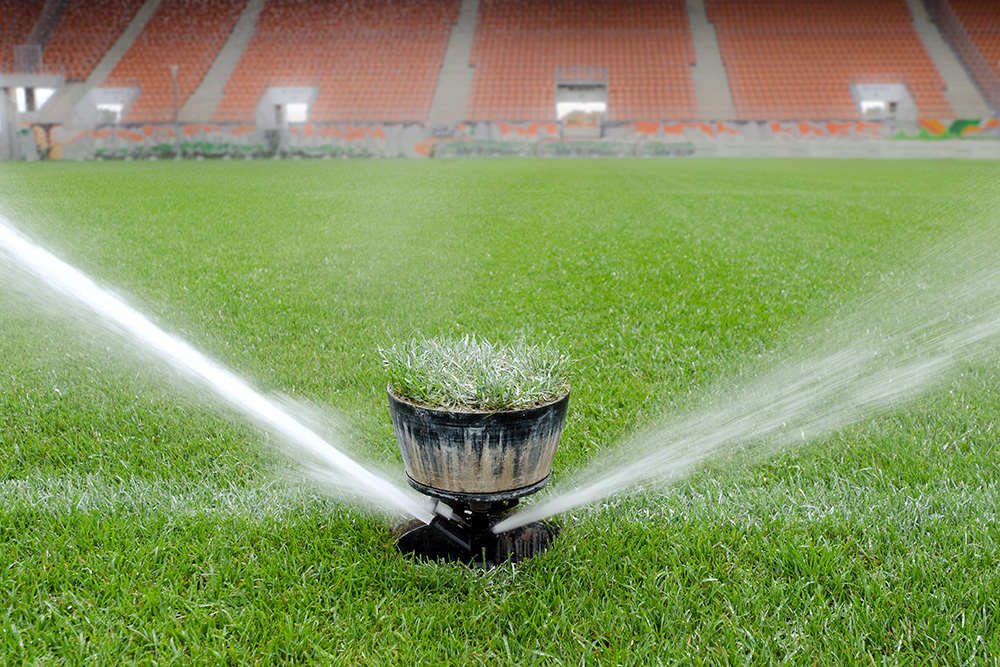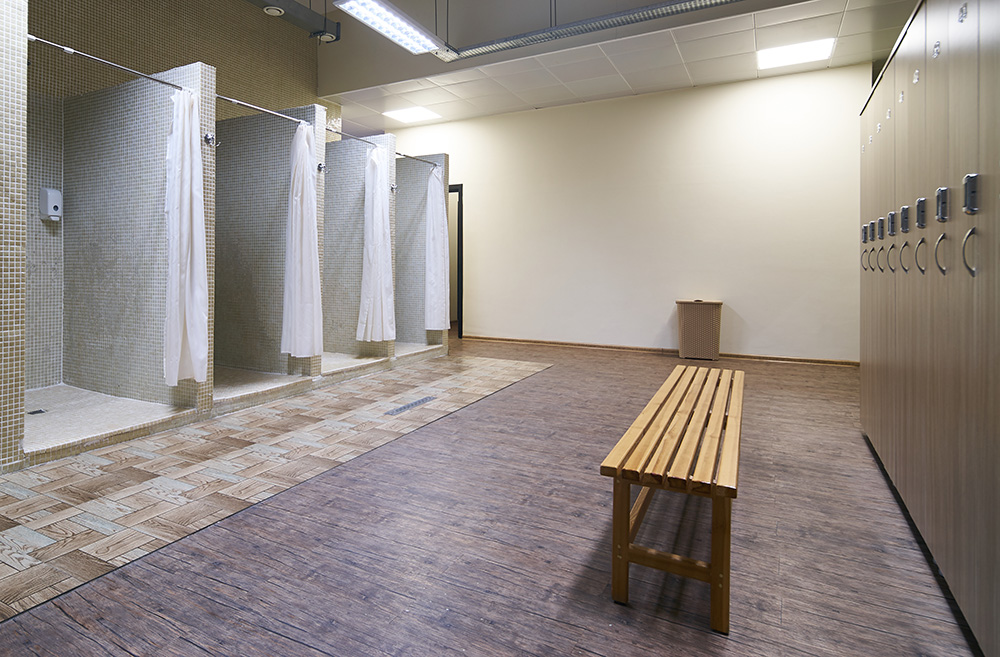Weeding Out The Water Hazards

Every sports club or stadium is legally required to comply with the HSE’s Approved Code of Practice (ACoP) L8 to prevent outbreaks of Legionella. Compliance has more than one benefit however, and can help you to be pitch perfect, as David Randlesome, National Sales Manager Water Services, for Legionella risk experts Swiftclean, explains.
Sports venues have a duty of care to multiple groups. Open to the general public, they are also a workplace for players and support staff. Therefore, the building owners and facilities managers have a legal duty to ensure that their water systems are safe and free from Legionella bacteria.
In order to meet your legal responsibilities under the Control of Substances Hazardous to Health (COSHH) Regulations, you are required to ensure that your premises have a current Legionella Risk Assessment, which identifies and assesses any potential sources of risk. Water must be able to circulate freely throughout the system, so risks may include pipework ‘dead legs’, or water outlets that are never or rarely used.
You must appoint a Responsible Person to ensure that you comply with L8 and minimise any risk of Legionella bacteria proliferation. If this person is changed or replaced for any reason, or there are any significant alterations to the water system, your risk assessment must be updated. The Responsible Person should also prepare a scheme for preventing or controlling the risk of legionella, and keep clear, accurate records of the precautions implemented.

Many stadiums will have more than one water system. Catering outlets may have dedicated water systems. There will, of course, be public toilets and water fountains, and there will be toilet and shower facilities for both home and visiting teams. In addition, most stadiums will also have domestic water systems serving executive/management offices.
The L8 risk assessment for a stadium may therefore be quite complex, and you may need specialist help in ensuring that your risk assessment and overall water plan is up to date, comprehensive and accurate. You should appoint a member of the Legionella Control Association (LCA). LCA members are regularly vetted and their membership is confirmed on an annual basis, so you can be confident that their services are competent and professional.
This assurance of competence is essential, as an outbreak of Legionella bacteria has severe consequences, especially if people contract Legionnaire’s Disease as a result. This ‘flu‑like illness can be fatal for the elderly, and for those with underlying health conditions or weakened immune systems. In the aftermath of a Legionella outbreak, The Responsible Person and their organisation can both be prosecuted for negligence. If convicted, the penalties may include limitless fines for the owners/managers of the building, and a possible custodial sentence for the Responsible Person. LCA members are able to provide certification of the work completed, forming vital evidence of compliance which will help protect both the Responsible Person and their organisation from prosecution.
In some instances, it may be difficult to rid the system of Legionella, so it may be necessary to use a chemical treatment such as Endosan, a Stabilised Hydrogen Peroxide disinfectant, which we use in sanitising water systems and in disinfecting and cleaning cold water tanks. In particularly challenging systems, it may be necessary to use a constant biocide dose, an approach which is sanctioned by The Health and Safety Executive in guidance document: HSG274 Pt 2 – The Control of Legionella Bacteria in Hot and Cold Water Systems.

Treating your water with biocide can have unexpected added benefits, as Endosan has proved to be unexpectedly helpful in grounds care. We first discovered on golf greens that sprinkler tanks dosed with Endosan – in order to prevent the growth of algae – dispensed water that prevented bobbling, and the growth of weeds, on the green. This proved to be the case in other sporting venues. Endosan kills off the bacteria in the soil which would otherwise cause bobbling and weed growth, leaving a healthier and weed free grass surface – whether golf green, tennis court, or team sports pitch. This makes life easier for grounds maintenance, as well as helping to ensure L8 compliance.
While this is a welcome bonus, the need for compliance with L8 is a legal necessity. Please make sure that your system is healthy and compliant for the sake of all its end users.
Click the article to enlarge it.












































